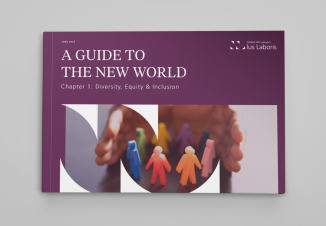
Ramadan, the ninth month of the Islamic calendar, is celebrated by Muslims throughout the world. It is a holy month and a time for prayer, reflection, family and community. During Ramadan Muslims fast during daylight hours: between sunrise and sunset. While fasting they abstain from any food and drink (including water). At sunset, the fast is broken by iftar. During iftar, family (including children) and members of the community celebrate together eating a range of traditional foods. Before sunrise on the next day, suhur, a pre-dawn meal is eaten.
Ramadan ends with Eid-al-Fitr at the start of the following month. During Eid, after prayers, Muslims celebrate the ending of the month of fasting, children are given presents and families and local communities visit each other or meet up. Eid starts at sunset on the night of the first sighting of the new moon. It is celebrated over one to three days, though one day is more typical in the UK. The day after the start of Eid is normally taken as a holiday.
Although Ramadan is a joyful time, those celebrating it will have long days, particularly if they are involved in preparing the suhur. Those that are employed may be tired and may find that the fasting affects their work, particularly later in the month.
The Islamic calendar is based on lunar months and, as mentioned above, Ramadan is the ninth month. Looked at from the perspective of the standard solar (Gregorian) calendar, its timing varies by ten to eleven days each year. In 2025, the month of Ramadan is expected to begin on 28 February, or 1 March. The exact timing is based on the sighting of the moon.
Because fasting takes place during hours of daylight, the longer those hours the greater the impact. In northern Europe the impact will be greatest when Ramadan occurs in the summer.
Although there are various steps that may be taken to support employees, employers should not assume that all Muslim employees will observe Ramadan in the same way or that those who are fasting will want their employer to make special arrangements.
Employers should seek to create an environment in which employees feel able to tell colleagues and managers that they are fasting. They should be open to discussing whether fasting has an impact and encourage employees to suggest any measures that may be helpful.
For employers looking to support their Muslim employees during Ramadan and beyond, particularly those with operations across several jurisdictions, it is important to understand how different legal frameworks deal with some of the common workplace considerations that arise during this period.
Below, we have collated the expert insights from 22 countries on how their employment laws deal with the likes of special holiday leave and specific health and safety regulations for employees fasting during Ramadan. We hope this will assist employers understand how they can best support their staff .
Discover more about discrimination in our Global HR Law Guide



